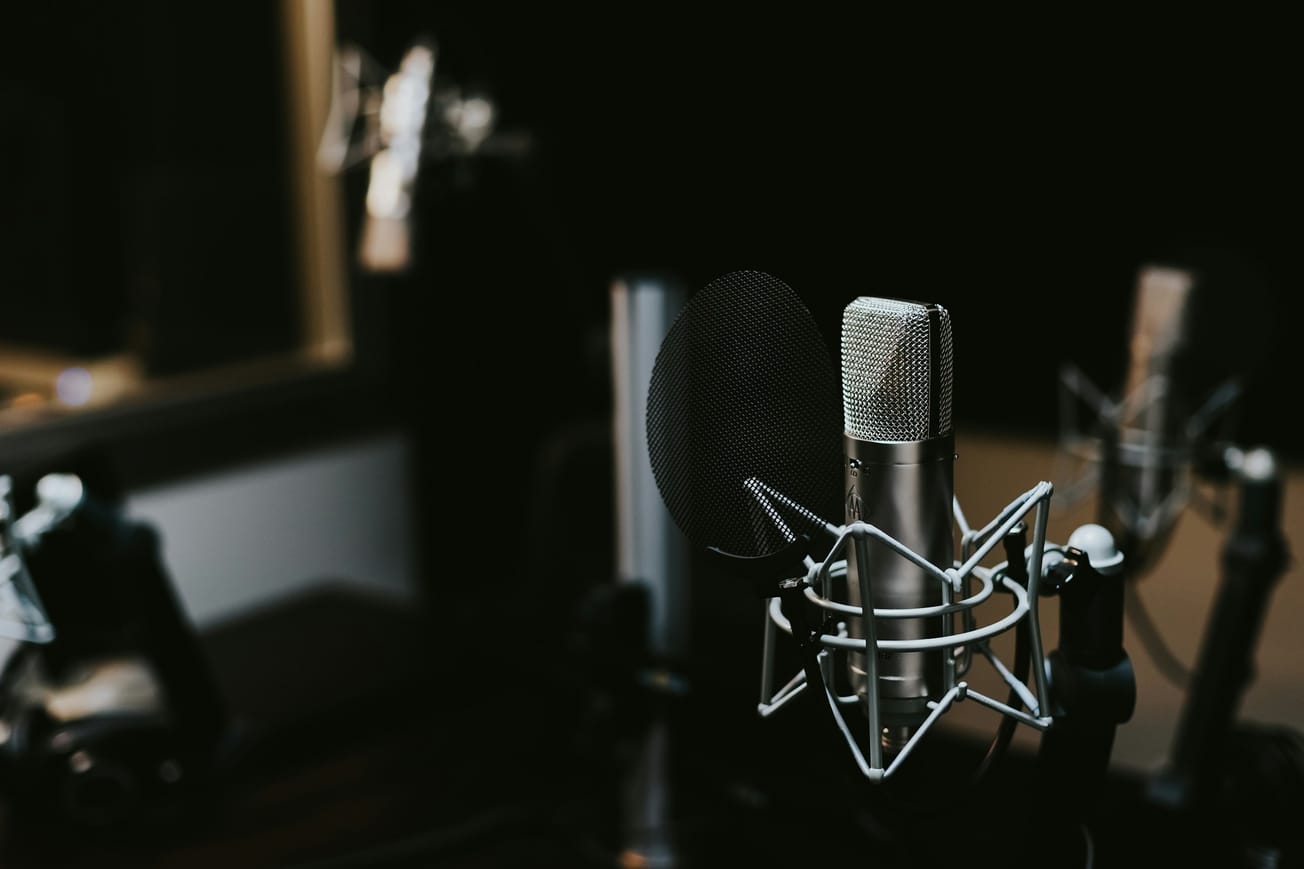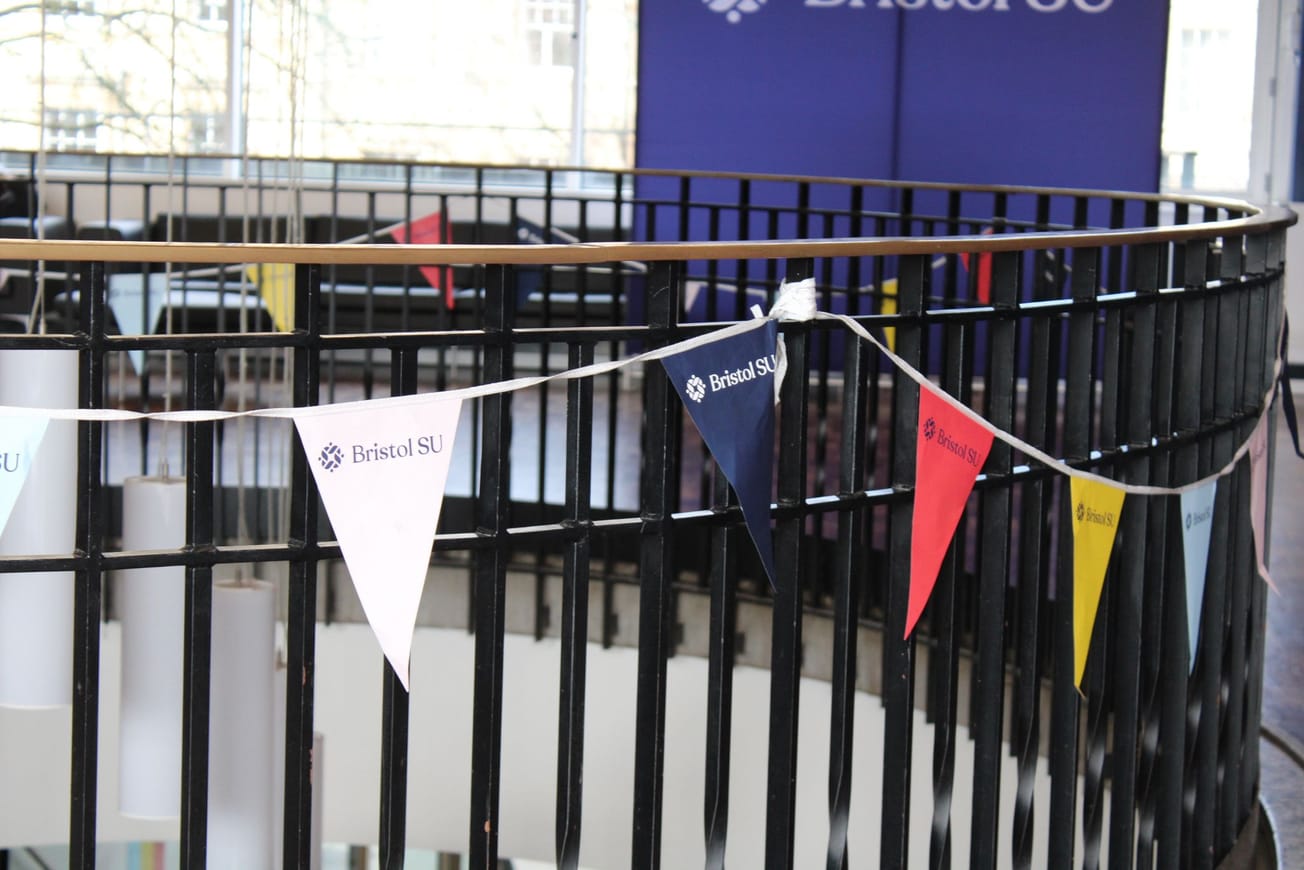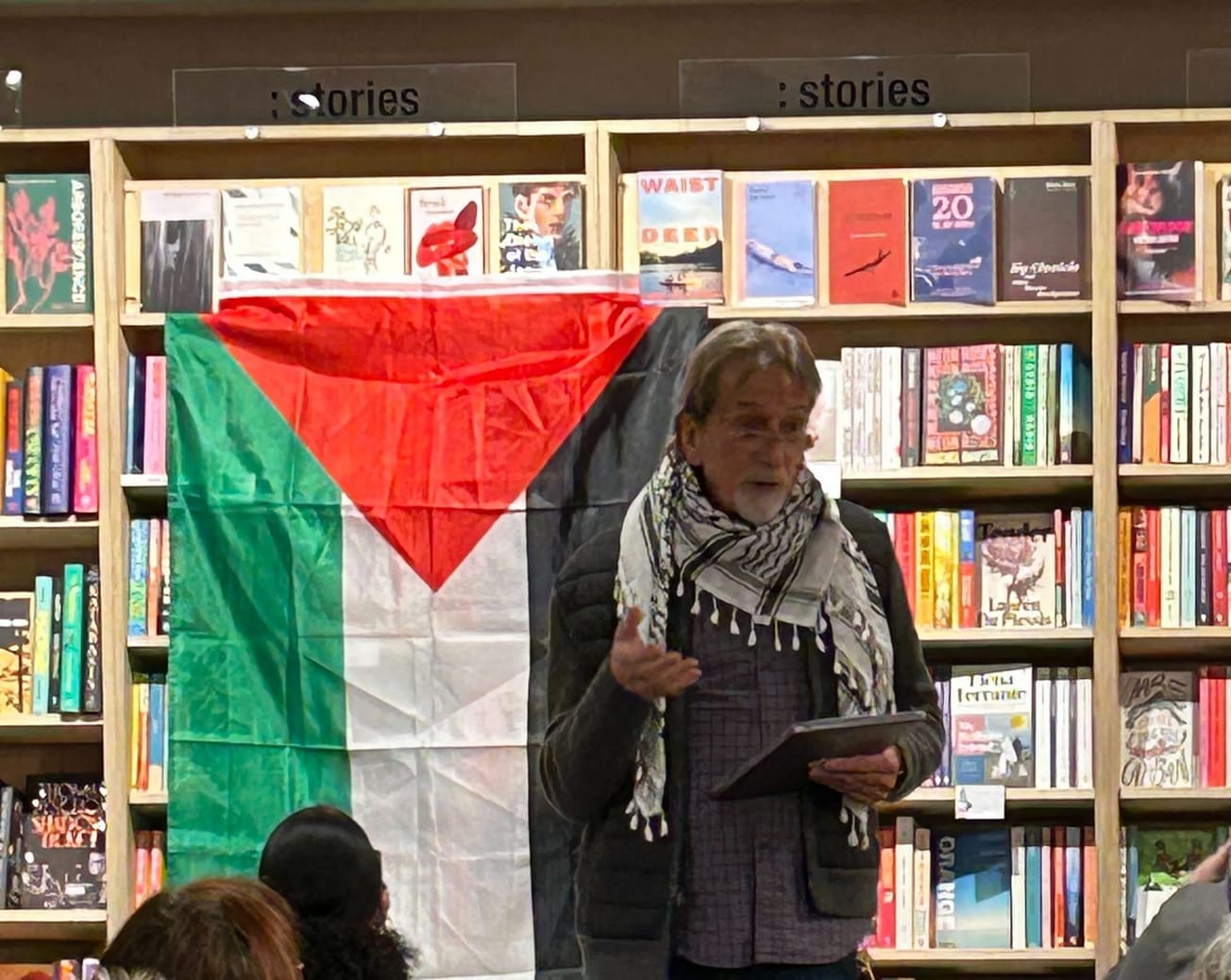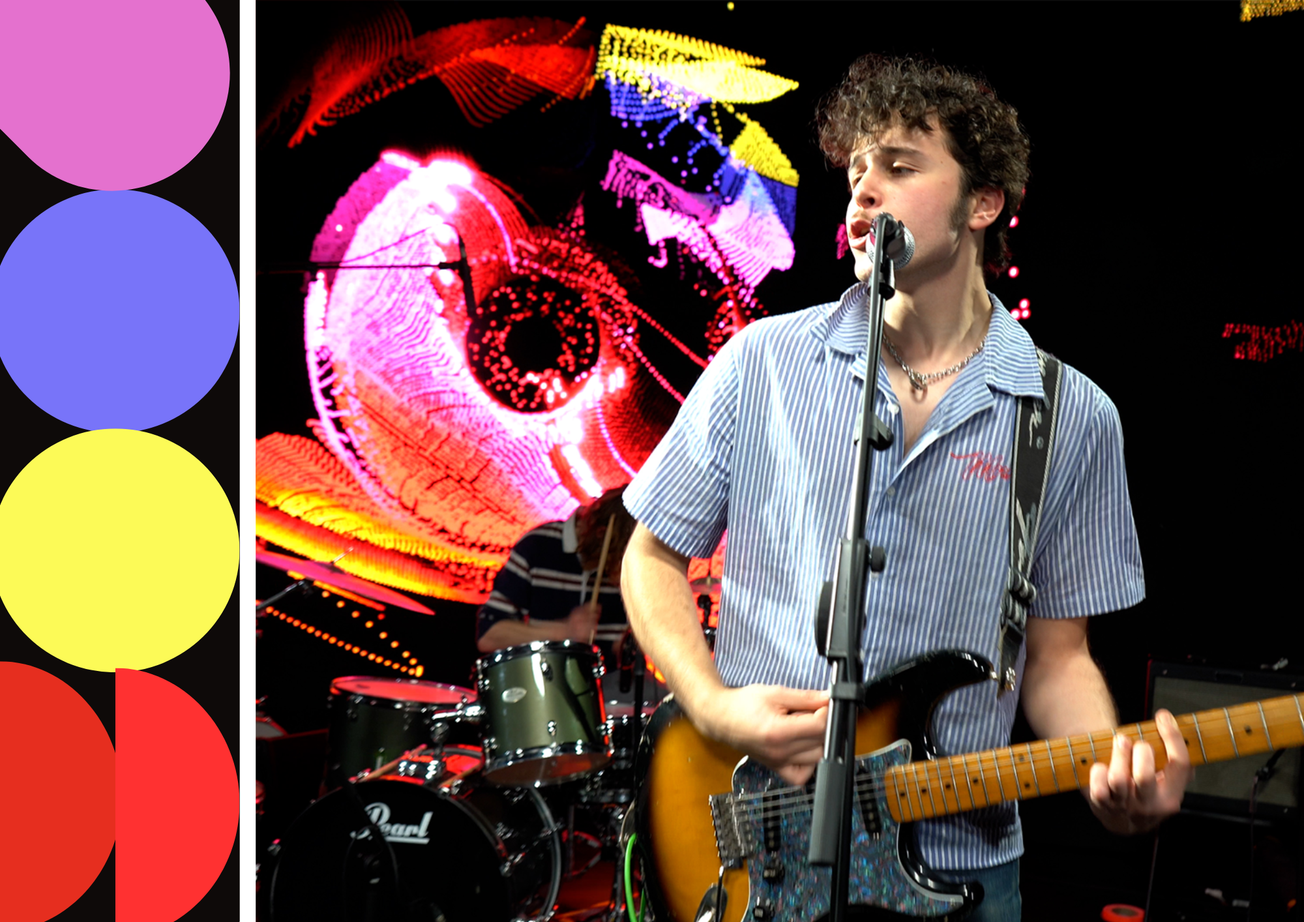by Imogen Rance, Proofreader
The world of academia is a notoriously self-contained one. Many students spend years working towards their undergraduate degrees, master’s qualifications, and doctorates, but during this time it is rare that their work will be seen by anybody beyond the tutor or supervisor responsible for marking it.
Opportunities for students to showcase or publish their work are extremely limited, and it is this issue that Jake Tapping sought to address when he founded The Paperless Podcast in October 2023.
On the podcast, Jake provides a platform for students, postgraduates, and PhD candidates to discuss their research papers, projects, and dissertations. He creates space for promoting the student research which is so often left in a forgotten corner of Blackboard after submission.
Epigram recently sat down with Jake to discuss how the podcast came about. He explained that the inspiration came from his undergraduate degree:
‘I did my undergrad in Zoology at the University of Manchester where I spent the best part of eight months researching and writing a paper on the law and ethics of de-extinction […] I really enjoyed it and had a really good supervisor.
‘I thought I did fairly well, but nothing ever came of it after I handed it in and I think I was quite disappointed at that. I’d spent so long on a piece of work that was basically a grade and that was it.’
‘My inspiration [for the podcast] came from thinking okay, how can I publish and revisit this? And [I decided] that was through the podcast form because I knew how accessible it was and how easy it would be to set up.’
The feeling of disappointment about the hours of research, writing, and work that go into writing an essay, dissertation, or thesis amounting to little more than a grade will be familiar for many students.
Jake is highly enthusiastic about the value of student work, explaining:
‘Students are really, really smart [but] a lot of barriers are put up to [them] especially in undergrad and Master’s settings. […] A lot of students during their master’s research, their literature reviews, their essays, and their taught classes come up with some of the most innovative and creative ideas but a lot of these get lost.’
By appearing on The Paperless Podcast, students have the opportunity to discuss their research in a public and accessible space. Jake explained the benefits of the podcast medium, both for students and listeners:
‘Podcasts are accessible, free, and so easily shared. A lot of academic journals are behind a paywall whereas a podcast is generally not.’
Jake argues appearing on the podcast makes it possible to ‘send your research to your nan, to your dad, to your friends, to your family, to your future career prospects, to your next job even.
‘You can say look, here’s me talking about what I did for my undergrad on a 30-minute episode.’
So far, Jake has released episodes on a wide array of topics ranging from mycology and language; to the Pill, self-esteem, and friendship; to bacteria, super-microscopes, and science communication.
I asked Jake about how he prepares for hosting episodes on such a diverse set of subjects, and he explained:
‘It’s hard! I’ve genuinely had people wanting to come on it from all research backgrounds. Anything from English Literature, to Ecology, to Advanced Chemical Engineering, to Astro-Physics.
‘A lot of it is very complex so I spend a few days beforehand reading through whatever they want to talk about which could be a dissertation, it could be a thesis, and try to understand it in the best way possible. But I’m not going to put my own spin on it. I basically want the person who’s written it, the student, to talk to me about it.
‘I just facilitate a platform, that’s basically my idea. I give someone a platform to talk about the thing that has meant the most to them for the past nine months.
‘Most of the time people can talk for hours [on their subject]. It’s so easy to get lost and before you know it you’ve got thirty minutes of you talking. It’s incredible that students know so much.’
The guests who have appeared on The Paperless Podcast are extremely passionate and knowledgeable about their subjects. Some of the wide range of episode titles include ‘Mycology, Language, and Re-connecting with Nature’, ‘Bees, Pollination and Pesticides’, and ‘Ecological Grief, Philosophy, and Defending Language’.
While Jake is committed to providing a platform for people of all academic backgrounds there seems to be consistent interest in topics relating to ecology, the natural world, and climate change. I asked Jake if he thinks these areas are especially important to students today.
‘I think [climate change] is probably the biggest challenge that we’re going to face in the next decade and beyond. It’s definitely something people are extremely passionate about. For example, I had a girl called Lois and a guy called Hugo on the podcast. Both of them were Philosophy and English Lit students who took on dissertations in mycology and eco-grief [respectively].
‘The way that they articulated their views on the state of our planet was incredible and something I could never do as a predominantly science background person. They put a really lovely creative twist on everything they were saying which was eloquent and very informative and way more engaging.’
Following the success of the podcast so far, I asked Jake about his plans for it moving into the next academic year:
‘I would love to keep up with it, and there’s no reason why it can’t keep going for years and years. It’s such an important thing to get student research out there and the best way of doing it, I think, is through a podcast because of how narrow the avenues are within academic journals. […]
'I’d love some help with it so if there’s anyone out there who wants to do some editing or marketing or publishing for me, please come through!’
At the end of our conversation Jake mentioned a quote from former UK Chief scientist, Sir Mark Walport – ‘The science is not finished until it is communicated.’ As an MSc Science Communication student, the centrality of this principle to Jake’s work, and to the podcast is evident.
‘When you finish a paper or thesis, it isn’t a finished product until it has been communicated,’ Jake explained.
This principle can be applied to academic work beyond the world of science too. Jake’s passion for elevating and making all areas of student work accessible is clear, and The Paperless Podcast serves as the perfect platform.
Speaking about prospective future guests on the podcast, Jake explained, ‘as long as you’re passionate about what you do I will talk to you! I want to give an opportunity to people who don’t normally have one.’
‘If you can show how passionate you are about what you’ve done or what you’ve produced that’s all that really matters.’
You can find The Paperless Podcast on Instagram @paperlesspodcast








